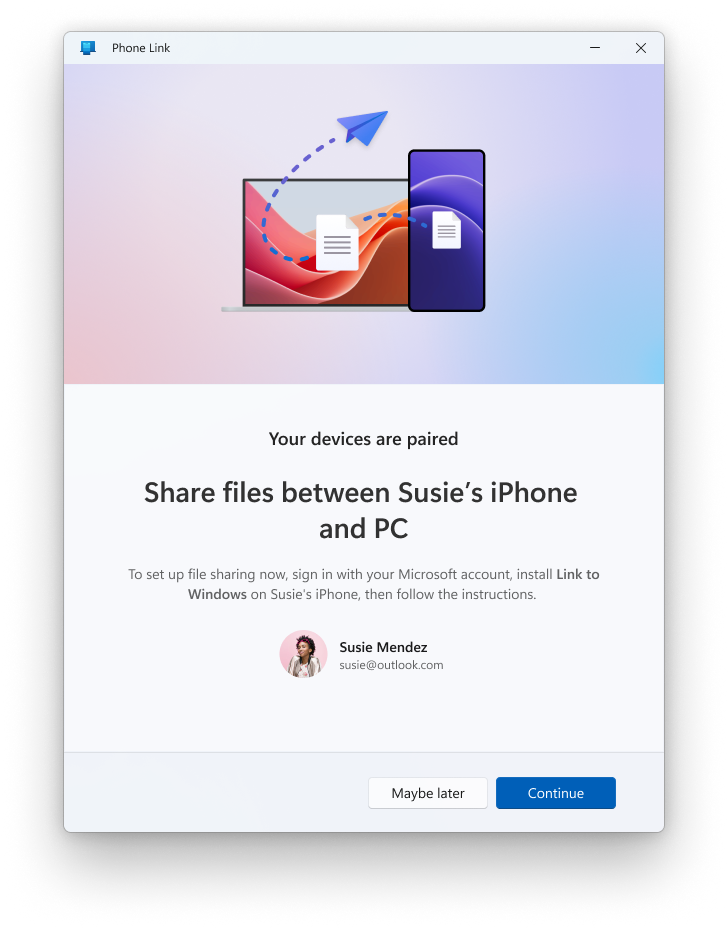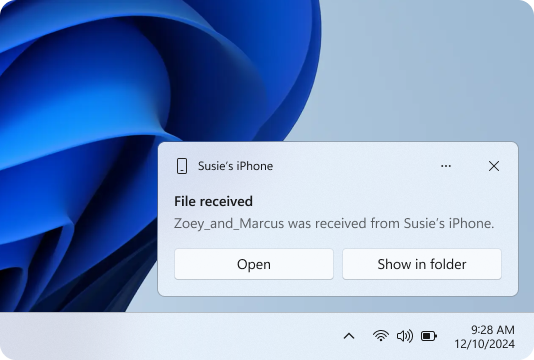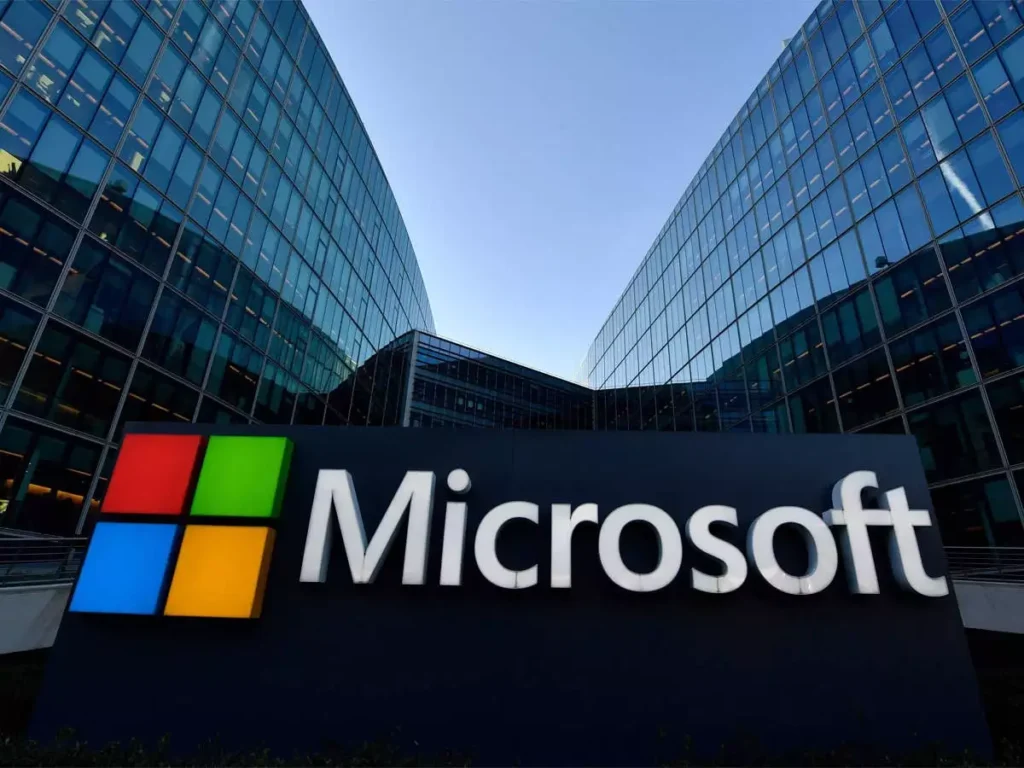Late last year, Gou Rao and Vinod Jayaraman founded NeuBird to automate IT site reliability operations tasks with generative AI.
Having sold their previous cloud-native storage startup, Portworx, to PureStorage for $370 million, the pair was well-versed in the IT challenges faced by today’s enterprises.
“It’s very hard to find good site reliability engineers. There’s a lot of churn,” Rao, NeuBird’s CEO, told The Tech Spot. “It doesn’t help that the modern IT stack just keeps getting more and more complex. Humans alone cannot possibly keep up with this kind of change.”
To deal with that increased complexity, NeuBird built Hawkeye, an AI-powered SRE that can quickly identify, diagnose, and resolve issues, freeing human engineers for more strategic work.
Having raised a $22 million seed round from Mayfield in April, NeuBird wasn’t seeking additional funding. But when Microsoft’s venture fund M12 reached out about an investment, NeuBird couldn’t say ‘no’.
Since many of NeuBird’s customers run on Azure cloud, the partnership could help the company bring its solution to a larger market.
On Wednesday, NeuBird announced a $22.5 million seed extension round led by M12, with participation from Mayfield, Stepstone Group and Prosperity7 Ventures.
Although extensions are often done by companies that are not growing fast, this was certainly not the case for NeuBird. Rao said he chose to call the round “seed-1” precisely because NeuBird wants to raise larger funding from traditional Series A investors in the future, adding that the valuation for this round was “a lot higher” than the previous financing.
Judging by investor interest, NeuBird is on to something.
Companies could “hire” Hawkeye to look for active alerts and alarms in a continuous loop throughout the day. Once Hawkeye identifies an issue, it tries to troubleshoot it, but if it doesn’t succeed, it escalates the incident to a human engineer.
Hawkeye works by using LLM reasoning to check logs of any system, including custom-built ones. “LLMs have seen so many different application configuration scenarios that the fact that the LLM would run into an application log line message that it doesn’t understand is minuscule,” Rao said.

Hawkeye taps into all systems in a read-only mode, which means it doesn’t store any of the customers’ proprietary data.
That’s important for banks and other organizations that must safeguard personally identifiable information.
“Hawkeye doesn’t need to see the application itself or the application data. We don’t need to see your transactional records,” he said. “All we’re looking at is the health data. Are there any alarms? Are there any errors in the logs? Is the CPU too high?”
The company has already succeeded in landing customers ranging from large car manufacturing companies, financial institutions, pharmaceuticals, and even startups, with as few as 30 employees and only one IT operations engineer who is not able to keep up with incident tickets. While some of these organizations are still piloting the product, many have moved to production mode over the last couple of months.
Still, while NeuBird has got VCs throwing money at it, with high valuations, at its seed round, it’s not the only startup working on AI-powered SRE tasks. Y Combinator has supported three of them in 2024 alone (SRE.ai, Opslane, Parity) and a few others have launched as well like Cleric. And bigger players, like Moogsoft, also offer automated incident response features.
Still, like sales automation and customer service automation, copilots, or teammates, as Mayfield’s managing partner calls what NeuBird does, are coming for many developer and DevOps functions. And with this level of excitement from VCs, NueBird is one to watch.
Read Also
Microsoft begins testing the ability to share files between iPhones and Windows PCs
Microsoft announced on Wednesday that it’s starting to roll out a way for users to share files between their iPhone and Windows 11 or Windows 10 PCs via the company’s Phone Link app and Link to Windows app. The capability is rolling out now to Windows Insiders.
Windows Insiders can now download the latest Phone Link update and enable the new functionality to begin sharing files from an iPhone to a PC and vice versa.

To share a file from your iPhone to your PC, you need to navigate to the file, tap the share icon, and then select “Link to Windows.” From there, you need to select the device you would like to share you file with.
To share a file from your PC to your iPhone, you need the select the files, right-click on it, and then select “My phone.”
It’s unknown when the capability will be available to all Phone Link users.
Microsoft launched Phone Link for iOS last year, allowing iPhone users to make and receive phone calls, send and receive messages via iMessage, access their contacts, and see their phone’s notifications directly on their Windows PC.

The app was previously only available to users with Android phones.




